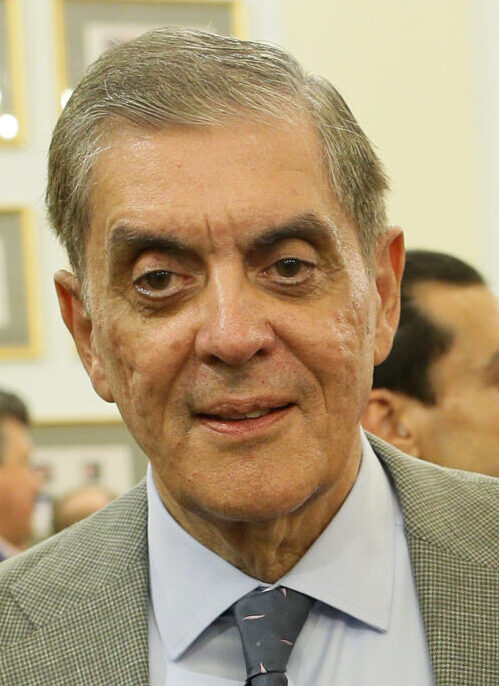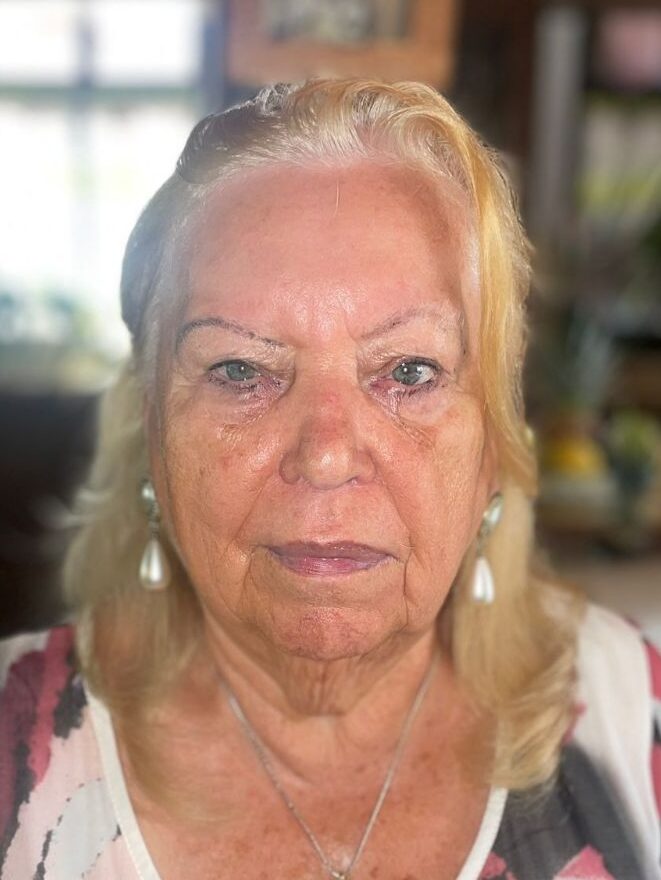2 August 2024
Tea Jaliashvili
Erste Stellvertretende Direktorin des OSZE- Büros für demokratische Institutionen und Menschenrechte
Rede anlässlich des Holocaust-Gedenktages der Sinti und Roma am 2. August 2024
Your excellencies, esteemed survivors, honourable speakers and audience.
I am honoured to be with you today, on this day of the European Holocaust Memorial Day for Roma and Sinti, and on the commemoration marking 80 years since the atrocious event that we will always remember.
This site painfully reminds us of the dangers of racist ideologies that led to vilification and killing of thousands of Roma and Sinti who were targeted and killed by the Nazi regime and their collaborators, who viewed Roma as racial inferiors and social outcasts.
In today’s commemoration, we remember the Roma and Sinti victims, mostly elderly people, women and children, who were killed in the Auschwitz-Birkenau extermination camp in 1944.
We also honour the memory of all Roma and Sinti victims and survivors who suffered systematic racial persecution and mass killings throughout Europe during the Nazi era.
The genocide of Roma and Sinti during the Second World War should be common knowledge, yet it remains one of the lesser-known crimes of the Nazi era. Essentially, this lack of recognition is harmful and contributes to distorting from the truth and perpetuates damaging stereotypes and continues to lead to racism and discrimination against Roma people.
With anti-Roma incidents and rhetoric resurfacing, it is critical to keep the memory of the Roma and Sinti victims alive.
The OSCE participating States have pledged to promote the remembrance of and education about this and other genocides. They have also pledged to undertake effective measures to eradicate discrimination against Roma and Sinti and enhance their equality of opportunities.
As mandated by the 2003 OSCE Action Plan on Improving the Situation of Roma and Sinti within the OSCE Area, ODIHR recommends participating States to include Roma history and culture in educational texts, with particular consideration given to the experience of Roma and Sinti people during the Holocaust.
Through remembrance and teaching about the Roma and Sinti genocide, participating States can help to both ensure respect for the victims, and to counter current forms of discrimination, racism and exclusion. Education about the genocide needs to be a fundamental part of curricula across all OSCE participating States in order to overcome persisting anti-Roma sentiments.
At the same time, remembrance activities pay respect to the victims and ensure that the genocide of the Roma and Sinti becomes part of the public consciousness.
We must ensure that the many sites of persecution and extermination are recognized and remembered.
Our collective effort together with civil society can stand up for those experiencing discrimination, and firmly reject any form of racism, anti-Semitism, anti-Roma racism, homophobia, and other forms of intolerance.
ODIHR remains dedicated to supporting this dialogue and promoting democracy and human rights across the region.
Ich bedanke mich für Ihre Aufmerksamkeit!
Stellungnahmen 2024

Romani Rose
Zentralrat Deutscher Sinti und Roma

Roman Kwiatkowski
Verband der Roma in Polen

Piotr Cywinski
Direktor des Staatlichen Museums und der Gedenkstätte Auschwitz-Birkenau

Alma Klasing
Überlebender des Holocaust

Bolesław Rumanowski
Überlebender des Holocaust










